The Spirit, Ethics, and Eternal Life
By Jarvis J. Williams (IVP, 2023)
In The Spirit, Ethics, and Eternal Life Jarvis J. Williams explores the significance of the Spirit in Paul’s letter to the Galatians, focusing on the “relationship between the Spirit, personal agency, ethical transformation, and eternal life.” He describes Paul’s presentation of God’s plan as vertical (through justification by faith), horizontal (through believers’ love of one another), and cosmic (through deliverance from the evils of the age).
Williams asserts that through Jesus, God entered history to provide redemption from the enslavement to sin, noting that justification by faith belongs to the vertical relationship, which for Paul means the experience of anyone who has faith in Christ. Williams also distinguishes between the liberation offered to humanity through Christ and the deliverance from the law offered to those who have faith.
According to this view, anyone who has experienced justification by faith is compelled to be obedient to God and walk in the Spirit. Williams calls the Spirit a “signpost of faith” for believers. The question Paul asks in Galatians 3:2–5 about believers’ experience of the Spirit receives an extensive answer in Galatians 5:13–6:10, where Paul states that the Spirit incentivizes believers to live in this present age as children of God, because through faith they are already participating in God’s actions in the world through Christ.
The experience of receiving the Spirit means that believers do not conform to the evils of their age or let the desires of the flesh rule them. Williams explains that for Paul, “flesh” represents enslavement to the principles of the world. The gift of the Spirit imbues believers with the capacity to choose life in Christ and disdain the ways that lead to destruction. Williams’ ethical discourse on personal agency reinforces our awareness of contemporary racial discourses in the public square.
—Ferdinand Okorie, C.M.F.
Astrobiology and Christian Doctrine
By Andrew Davison (Cambridge University Press, 2023)
Andrew Davison, a theologian and priest in the Church of England as well as a biochemist, accepts the likelihood of life beyond Earth, and—as he points out in his absorbing book Astrobiology and Christian Doctrine—this raises difficult questions about the place, standing, and dignity of human life in the universe.
Some of the questions Davison poses include: Can Christian theology make sense of these challenges? How could the single life, death, and resurrection of Jesus on Earth be salvific for radically different beings on other worlds that exist now, or which existed in the distant past, across the vast reaches of the galaxies? Or have there been many incarnations of Christ across the universe of 13.7 billion years?
These may sound like pointlessly abstract questions, but even classic science fiction authors such as Ray Bradbury, James Blish, and Mary Doria Russell have found the topic fertile ground.
In Davison’s view, the subject is not academic given the threat of climate change. “It looks likely that part of the human failure to oppose despoliation of the Earth has come from religious impulses to think that God will soon destroy it in any case,” he writes. He fears “that the traditions of Christianity most content to treat the rest of nature with contempt on eschatological grounds will also be those least likely to entertain the idea that the dealings of God with this planet might be only one of many glorious stories.”
Overall, Davison has produced a fascinating book, albeit more academic in tone than the general reader might enjoy. That said, this is an engrossing read, and one that can be highly recommended for both teachers and students in the fields of theology and science.
—John Farrell
Briefly noted:
Ordinary Blessings for the Christmas Season: Prayers, Poems, and Meditations
By Meta Herrick Carlson (Broadleaf Books, 2023)
In a season often full of big expectations, busyness, and grief, the blessings in this book are a companion for those looking to access the deeper meaning of the holidays.
Zero at the Bone: Fifty Entries Against Despair
By Christian Wiman (Farrar, Straus and Giroux, 2023)
Through 50 brief pieces, Wiman engages with despair and unravels its seductive appeal, weaving in voices of writers such as Emily Dickinson and his own children.
Wild Girls: How the Outdoors Shaped the Women Who Challenged a Nation
By Tiya Miles (W.W. Norton & Company, 2023)
This meditative work reveals the impact of the outdoors on women’s independence, resourcefulness, and vision, arguing for equal access to outdoor spaces today.
This article also appears in the December 2023 issue of U.S. Catholic (Vol. 88, No. 12, page 39). Click here to subscribe to the magazine.


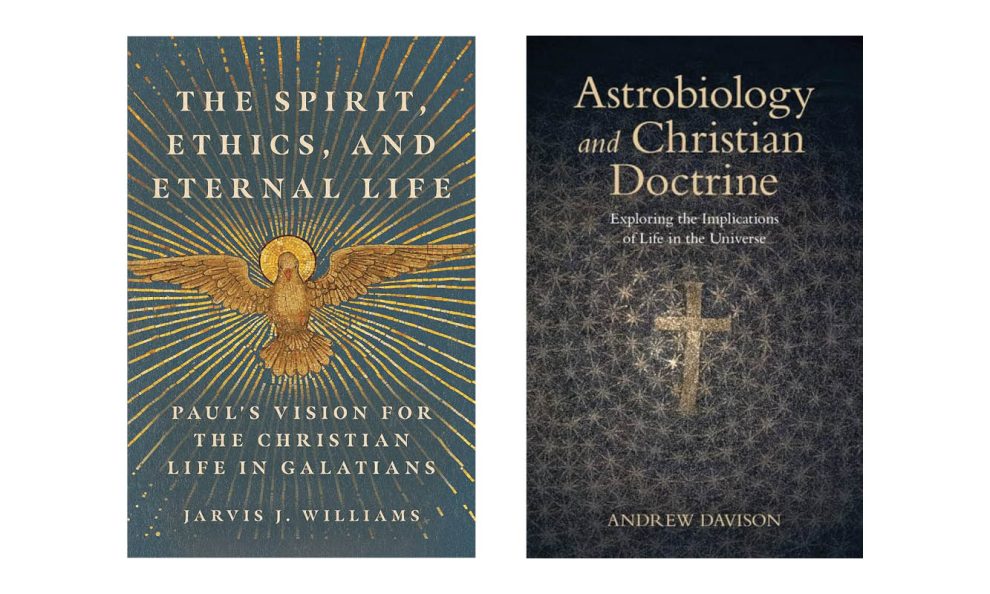
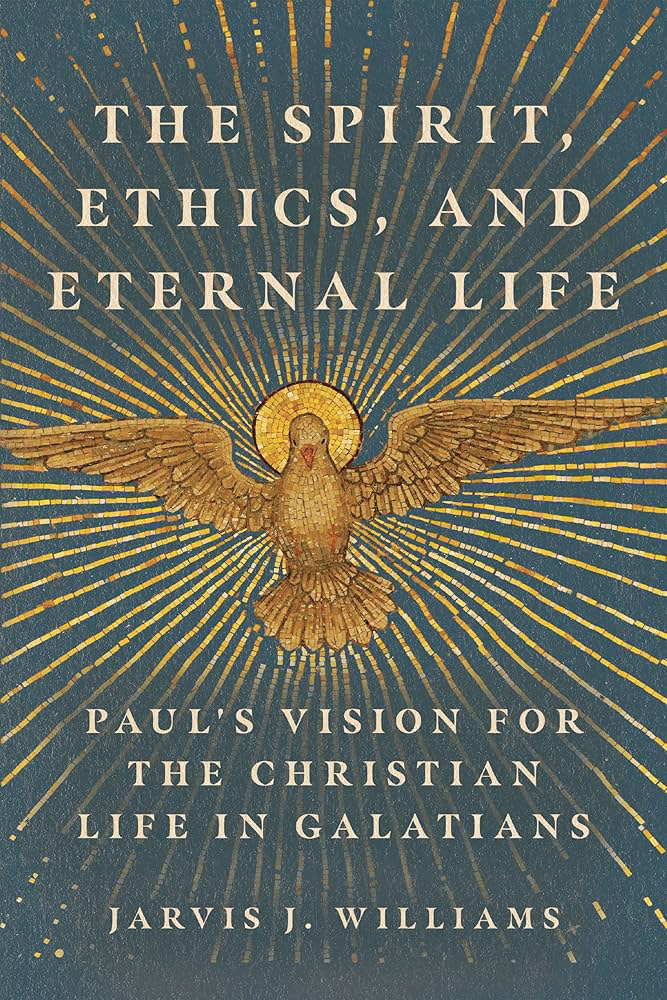
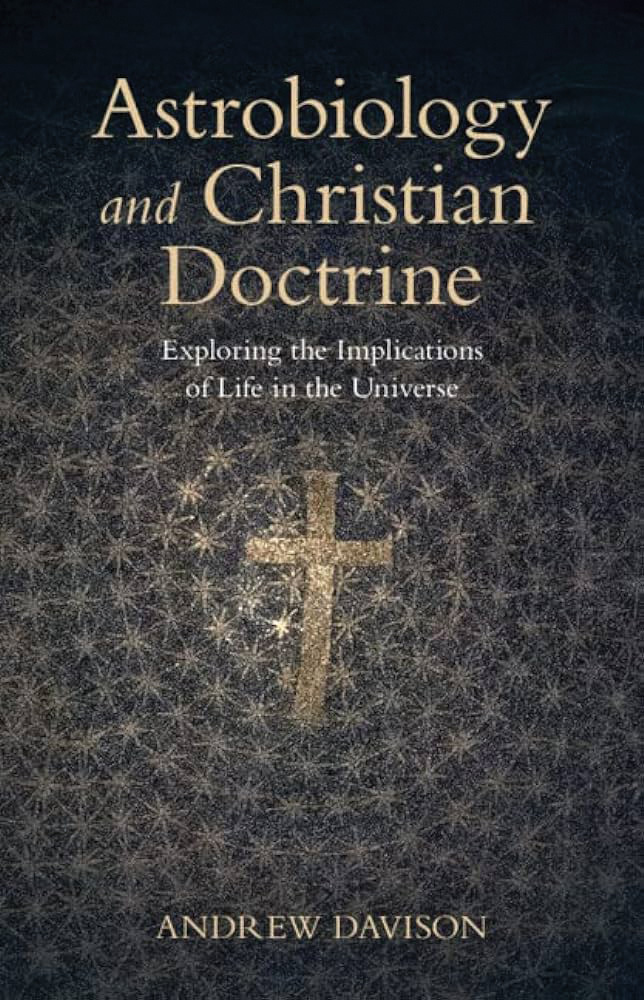
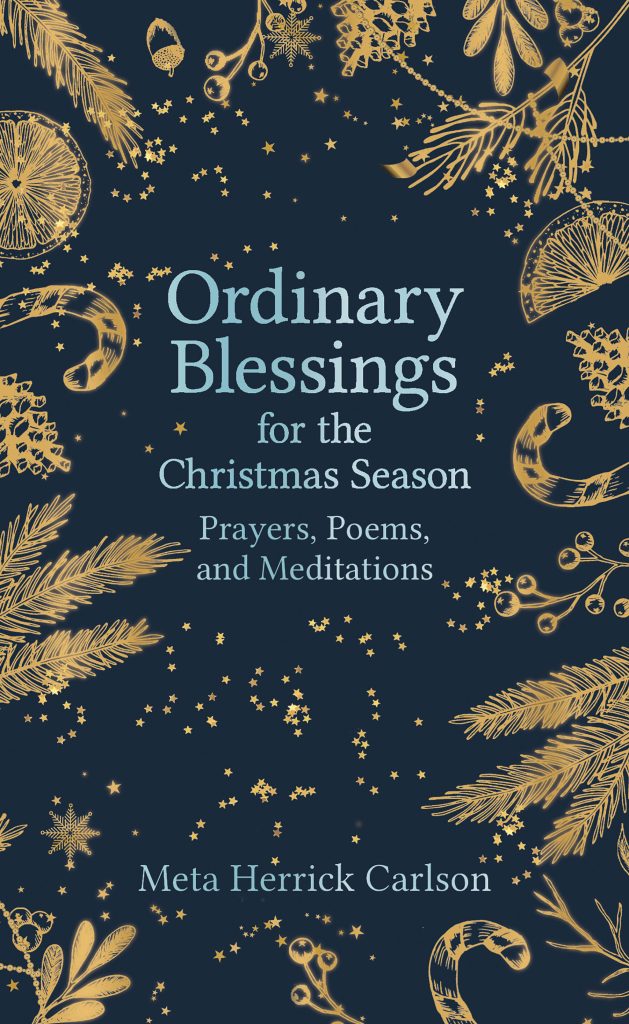
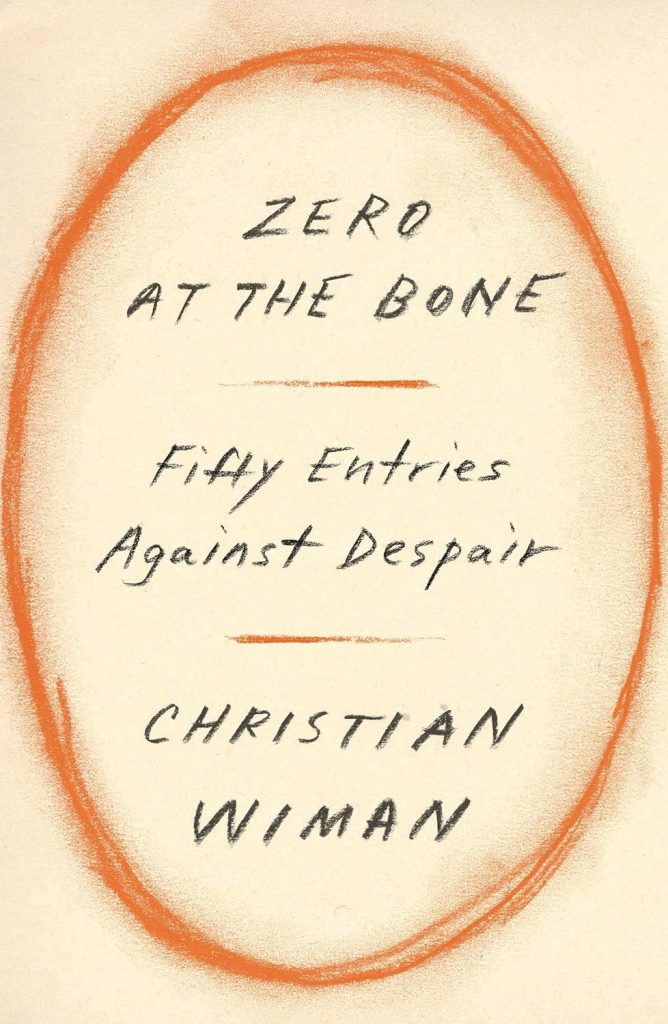












Add comment